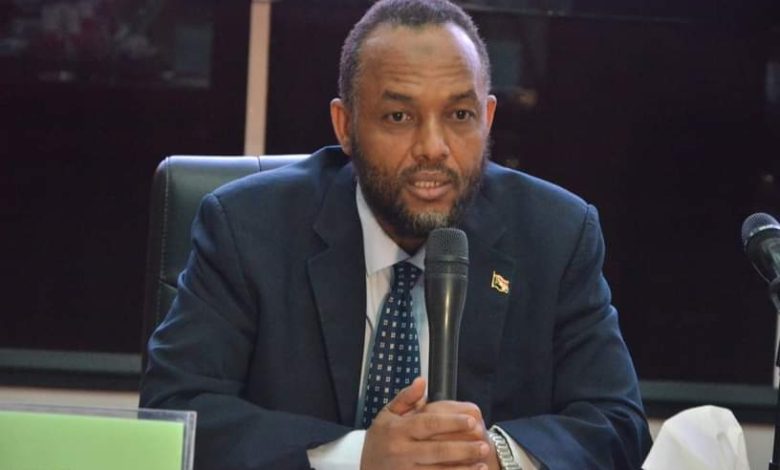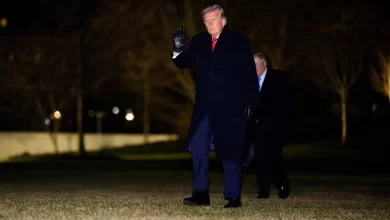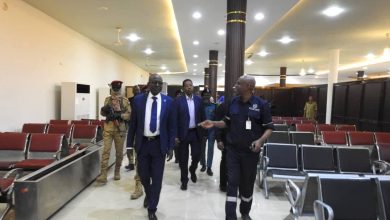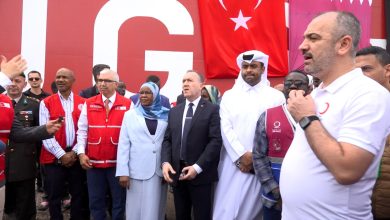
Sudan Events – Agencies
The Federal Minister of Health, Dr. Haitham Mohamed Ibrahim, held a meeting with the Qatari Minister of International Cooperation, Lolwah Al Khater, attended by her assistant executive team and the Sudanese embassy staff in Doha.
The Sudanese delegation expressed gratitude to the Qatari government and people, as well as to the Minister of International Cooperation, for their unwavering support for Sudan in international forums, both regionally and globally, including at the United Nations, advocating for Sudan’s sovereignty.
In a press statement following the meeting, Dr. Haitham revealed that the Qatari government agreed to a project that includes providing 50 dialysis machines, essential life-saving medicines for three months, various medical devices for major hospitals, and support for chronic diseases such as a pediatric heart surgery project and a cancer center. Additionally, they discussed the continuity of specialized surgical camps involving Sudanese and Qatari doctors in different states of Sudan. He praised Qatar’s major role in supporting Sudan’s projects, especially in the healthcare and humanitarian sectors, noting that they presented Sudan’s health system and needs and reviewed Qatari projects in Sudan, particularly those directed through the Qatar Red Crescent and partners.
He added, “We thanked them for their recent support, including cancer drugs, dialysis solutions, ambulances, and the previous air bridge, and confirmed the continuation of these projects.”
For her part, the Qatari Minister of International Cooperation, Lolwah Al Khater, directed the formation of executive mechanisms for follow-up, particularly from the main supporting entity, the Qatar Fund for Development, which oversees humanitarian work outside Qatar. She praised the Ministry of Health’s role in continuing health services in Sudan and combating epidemics despite the complex conditions, promising to support the rehabilitation of the health sector in the post-war period.



